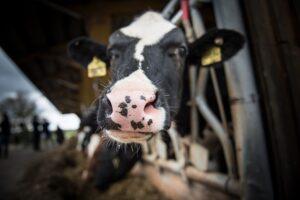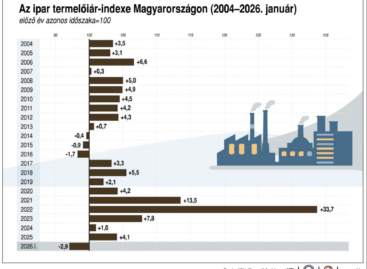Animal keepers and veterinarians, attention! Support can be applied for carrying out resistance tests
From January 1, 2023, it became possible to implement resistance tests with financial support. The support applies to sampling, laboratory bacteriological testing and sensitivity testing for food-producing animals of small animal farms, and the amount depends on the type of test.

(Photo: Pixabay)
Bacterial infections resistant to antibiotic treatment pose a significant public and animal health risk. In addition, untreatable or difficult-to-treat diseases can also cause economic damage to livestock, which is why professionally based medical treatment of infections is essential. Laboratory sensitivity tests help to select the right active ingredient to combat the pathogens that cause the disease, with which targeted therapy can be carried out.
Some active substances can only be used after these tests in order to protect public health
Based on the regulation governing veterinary medicinal products1, from the point of view of human health, the so-called critically important antibiotics (3rd-4th generation cephalosporins, fluoroquinolones, colistin) can only be used for the treatment of food-producing animals if there is a resistance test result or a colony resistance map.
From January 1, 2023, in accordance with the above, the Ministry of Agriculture created the possibility of subsidized resistance tests
In the case of food-producing animals of small animal farms, the contribution covers sampling, laboratory bacteriological examination and carrying out the sensitivity test, based on the conditions and up to the amount specified in the decree. A subsidy of HUF 1,500 per farm can be applied for after sampling the first individual, HUF 100 for each additional individual and after environmental sampling. The costs of the bacteriological examination can be subsidized up to HUF 3,500. If the disc diffusion method is used, the eligible cost is HUF 2,000, while the MIC (minimum inhibitory concentration) test is HUF 10,000. The tests can be performed in any licensed domestic animal health laboratory, where it is possible to use the listed methods. For animal keepers and service veterinarians, financial support is a great opportunity, with which, in addition to protecting public and animal health, they can also contribute to economical medical treatments and the reduction of infectious diseases.
Nébih
Related news
KSH: In January 2026, industrial producer prices were on average 2.9 percent lower than a year earlier and 0.9 percent higher than the previous month
🎧 Hallgasd a cikket: Lejátszás Szünet Folytatás Leállítás Nyelv: Auto…
Read more >The GKI business climate index rose in February
🎧 Hallgasd a cikket: Lejátszás Szünet Folytatás Leállítás Nyelv: Auto…
Read more >Avian influenza has appeared in a new farm in Csongrád-Csanád County
🎧 Hallgasd a cikket: Lejátszás Szünet Folytatás Leállítás Nyelv: Auto…
Read more >Related news
Festival buzz at the 60th anniversary EuroShop trade fair
🎧 Hallgasd a cikket: Lejátszás Szünet Folytatás Leállítás Nyelv: Auto…
Read more >A shower of awards at the POP competition
🎧 Hallgasd a cikket: Lejátszás Szünet Folytatás Leállítás Nyelv: Auto…
Read more >








